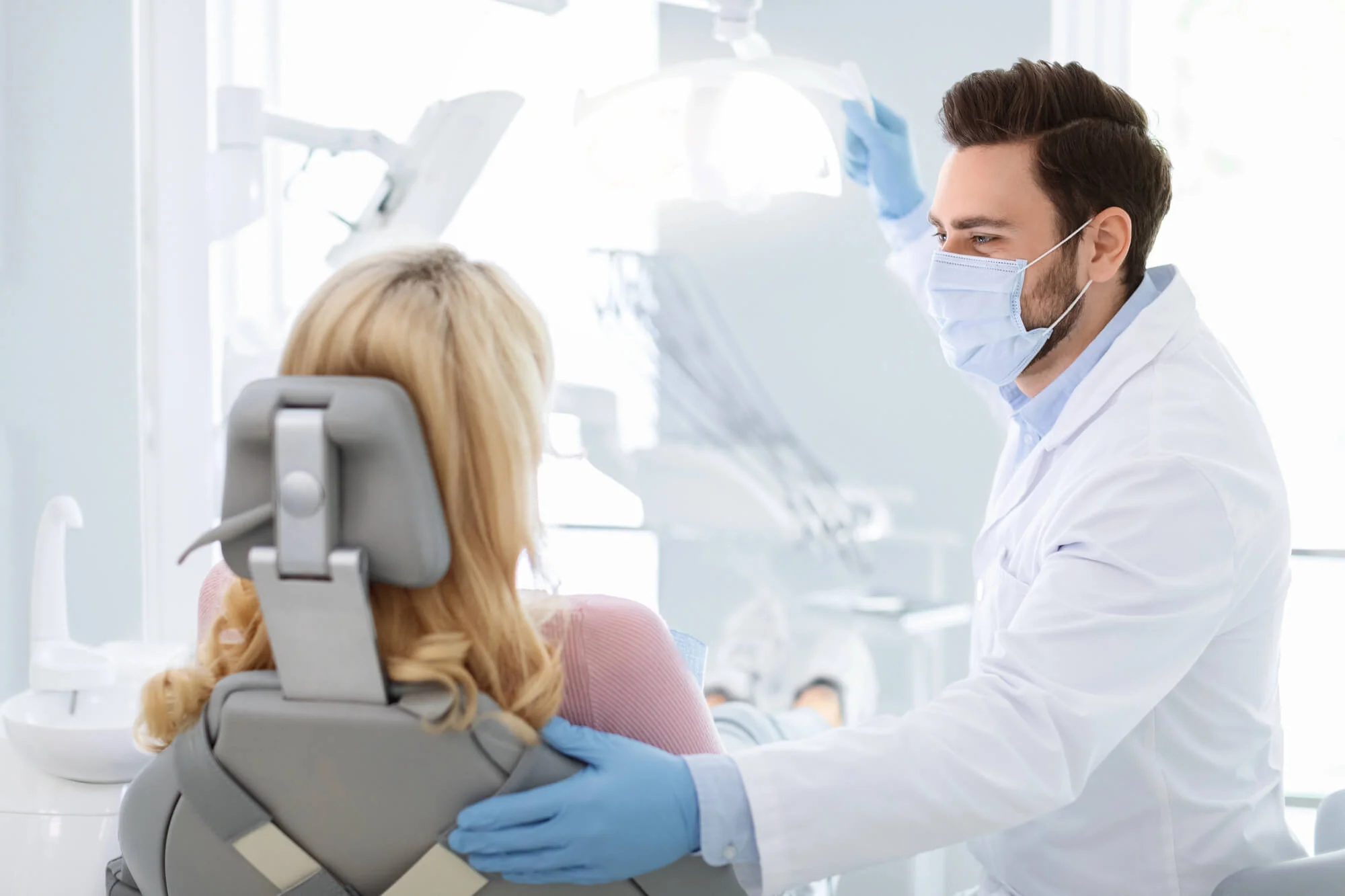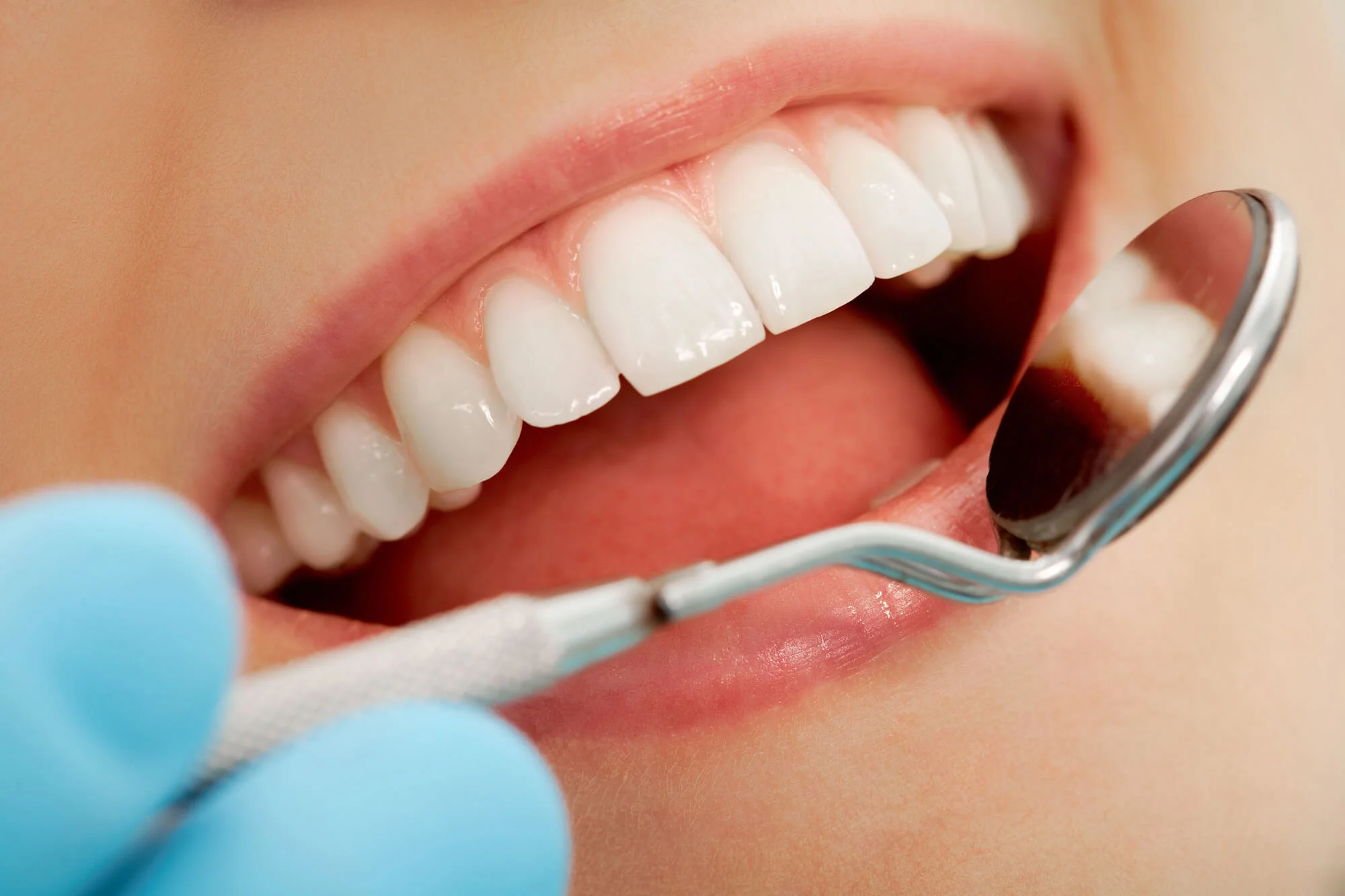
Afraid of Your Dental Extraction Appointment? Prepare with These Tips
August 6, 2025
It’s completely normal to feel nervous before a dental extraction. Whether it's your first time or you've had past experiences that left you uneasy, fear of dental procedures is more common than you might think.
Here's the good news: modern dentistry has come a long way in making extractions safe, efficient, and relatively painless. If you're anxious, you're not alone. There are many ways your oral surgeon in Montgomery, AL, can make the experience easier and more comfortable.

The Importance of Timely Dental Extractions
A damaged, infected, or decayed tooth won’t heal on its own. If extraction is delayed, you risk suffering from serious complications, including:
- Increased Pain and Sensitivity: If you ignore an infected tooth, the bacteria will continue to expand—and with it, your discomfort. A toothache may also spread to the head, jaw, and ears, causing persistent pain and trouble speaking or eating.
- Infections Spreading to Adjacent Teeth: When a tooth becomes decayed or infected, the bacteria can spread to surrounding healthy teeth. If left untreated, these bacteria can penetrate the gums and infiltrate nearby teeth, causing additional damage and potentially requiring multiple extractions.
- Risk of Abscess Formation and Facial Swelling: One of the most serious consequences of postponing an extraction is the development of a dental abscess. As bacteria multiply inside the tooth or gums, pus accumulates, resulting in fever, severe pain, and significant facial swelling.
- Jawbone Weakening and Loss: When a tooth becomes severely decayed or infected, the surrounding bone begins to weaken and deteriorate. This bone loss is particularly pronounced when advanced gum disease affects the bone that supports your teeth.
- Increased Treatment Costs: Many people delay extractions due to cost concerns, but postponing treatment typically increases the overall expense of dental care. What starts as a simple extraction may require more complex and costly procedures later.
- Bad Breath and Unpleasant Taste in the Mouth: Untreated decayed teeth can cause chronic bad breath and an unpleasant taste in your mouth. The bacteria present in tooth infections produce sulfur compounds that create persistent halitosis.
Tips for Preparing Yourself for a Dental Extraction
Dentists will do everything they can to avoid removing a natural tooth that’s still salvageable. However, when decay is extended too far, extractions are necessary to prevent all the mentioned consequences.
Knowing the reasons behind the treatment and feeling ready for one are two separate things. These tips can help you manage your anxious thoughts so you can feel better prepared when visiting the dental office:
1. Know What to Expect
Fear often comes from the unknown. Learning about the procedure and understanding each step ahead of time can significantly ease your concerns.
Before the procedure, your dentist or oral surgeon will explain the reason for the extraction, what will happen during the procedure, and how to care for yourself afterward. There are two common types of extractions:
- Simple extractions, which are conducted in a single appointment and involve visible teeth.
- Surgical extractions, which involve removing teeth that are impacted or broken below the gumline.
Both procedures are performed under local anesthesia, meaning the area will be completely numb. You might feel some pressure, but you won’t experience pain.
2. Ask Questions and Speak Up
While dentists should explain every step of the process, you may still have lingering doubts about certain details. Never hesitate to discuss your concerns with your dentist. Ask any questions you have and be honest about your nervousness.
Most dental professionals have extensive experience working with anxious patients and will take extra time to explain procedures, provide reassurance, and work at a pace you're comfortable with. If you have specific fears about needles or pain, your dentist may offer options like sedation or anti-anxiety medication.
3. Consider Sedation Options
If your anxiety is moderate to severe, sedation dentistry might be an excellent option. Depending on what your dentist offers, you could receive:
- Nitrous Oxide (Laughing Gas): Helps you relax while staying awake.
- Oral Sedatives: A pill taken before the procedure to ease anxiety.
- IV Sedation: Provides a deeper level of relaxation for more intense fears.
These methods are safe and commonly used, and they can make your experience much more manageable.
4. Practice Relaxation Techniques
Simple breathing exercises and relaxation methods can work wonders before and during your appointment. Try this technique:
- Inhale through your nose for 4 seconds.
- Hold your breath for 4 seconds.
- Exhale slowly through your mouth for 4 seconds.
- Hold again for 4 seconds.
Repeat this cycle before your appointment or while waiting in the chair to reduce tension and manage nervousness.
You can also try visualization techniques. Imagine yourself in a calm, peaceful place like a beach or a quiet forest. Some patients bring headphones and listen to calming music or audiobooks during the procedure. Focusing on something else can help you forget about what's happening.
5. Bring a Support Person
Having someone you trust accompany you to your appointment can make a significant difference. A friend or family member can provide emotional support, help keep you calm, and assist you on the way home if you received sedation.
Simply knowing someone is there for you can provide tremendous comfort.
6. Focus on the Benefits
It's easy to fixate on momentary discomfort or fear, but try to remember the long-term benefits. Whether the extraction relieves pain, prevents infection, or makes room for other treatments, it's a step toward better oral health and overall well-being.
Many people feel significantly better after healing, especially if they were living with pain, swelling, or infection before the procedure.
7. Follow Aftercare Instructions
A big part of reducing anxiety is knowing what to expect during recovery. Your dentist will provide detailed instructions on caring for the extraction site, which usually include:
- Taking prescribed pain relievers as directed
- Avoiding drinking through straws or smoking for a few days
- Eating soft foods
- Keeping the area clean and not disturbing the blood clot
Following these instructions carefully will promote faster healing and reduce the risk of complications.
8. Remember: You’re Not Alone
Dental anxiety is nothing to be ashamed of—many people share these feelings. The important thing is that you're taking a positive step by seeking necessary care. With the right support, preparation, and mindset, your extraction can be a smooth, manageable experience.

Face Your Dental Extraction with Confidence with the Help of an Oral Surgeon in Montgomery, AL
Dental extractions can feel intimidating, but they don't have to be overwhelming. From exploring sedation options to using calming techniques before the procedure, there are several strategies you can employ to reduce anxiety and approach your oral health care with confidence.
Additionally, the dental team at Parkside Dental will be here for you every step of the way. Remember, we’re here to support you. Contact us today if you have any concerns—let’s ensure your smile is in the best condition possible!

%20(1).webp)

%20(1).webp)





.webp)


